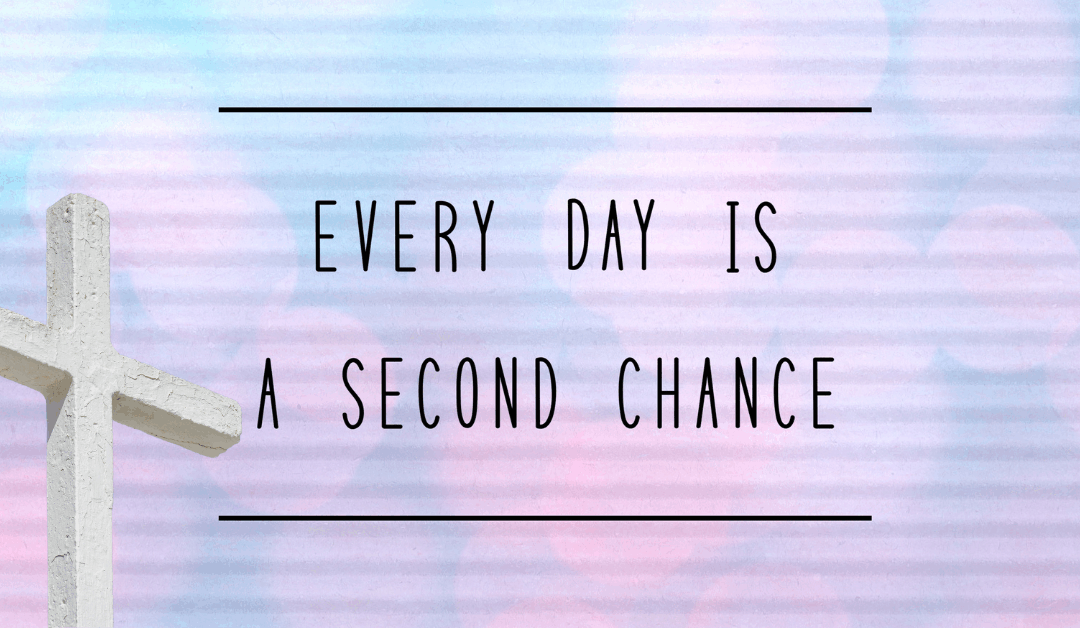By Steven Norris
In the neighborhood where I grew up, street hockey was a favorite pastime. Since there was very little traffic in front of our house, us boys would don our rollerblades, grab our hockey sticks, and fire the puck from curb to curb. On the rare occasion that a car did come by, we would stop play, grab the net, and clear the street. Returning, someone would yell, “Do over!” and we would replay where the action was interrupted.
How many times do we long for a “do-over” in our adult lives? How many times to do we wish we had a second chance in a conversation that went sideways, a mistake at work, or an email sent a few minutes prematurely? I assure you: even pastors have these moments — even in their sermons.
A couple of weeks ago, I preached a sermon on Colossians 3:12-17. The author of this New Testament letter suggests that we should visualize our new life in Christ as a matter of putting on a new set of clothes. I imagined Fred Rogers coming in from the neighborhood, taking off his coat and dress shoes, and putting on that familiar red cardigan and blue sneakers.
Specifically, the letter to the Colossians suggests that followers of Christ should “take off” destructive attitudes and behaviors like sexual immorality, impurity, passion, evil desire, covetousness, idolatry, anger, wrath, malice, slander, obscene talk, lying, and divisions. Instead, they should “put on” compassion, kindness, humility, meekness, patience, forgiveness, love, peace, and thankfulness. In other words, they should reject the bad and choose the good.
On the surface, this message sounds reasonable. However, I could not shake the feeling that I had failed to present the true gospel. Rather, I had inadvertently suggested that following the Way of Jesus could be boiled down to making better moral choices. I feared that someone might mistake the Gospel for a lesson in sin-management. If we are not careful, such messages can sound like a modified form of legalism — all style and no substance.
The difference in perspective is subtle, but profound. The virtues listed second are not merely the fruit of more pious living. They are the natural outgrowth of “putting on” Christ. They are the fruit produced in us by surrendering control to God’s life-giving Spirit. As such, they are gifts of grace, not merely the product of our better choices.
If I had a do-over, I would make sure that my message pointed my congregation explicitly to the grace of God, the finished work of Christ, and the daily empowering of the Holy Spirit. Thankfully, one sermon does not capture the totality of my ministry. This coming Sunday, by the grace of God, I will stand before my congregation and continue the conversation that we have been having over the past seven years.
If you had a “do-over,” what would it be? I do not ask that to induce guilt, but to give us each a chance to think about how we might proclaim the Good News of Jesus clearly — with our words, our actions, our thoughts, and the fruit that the Spirit produces through us.

